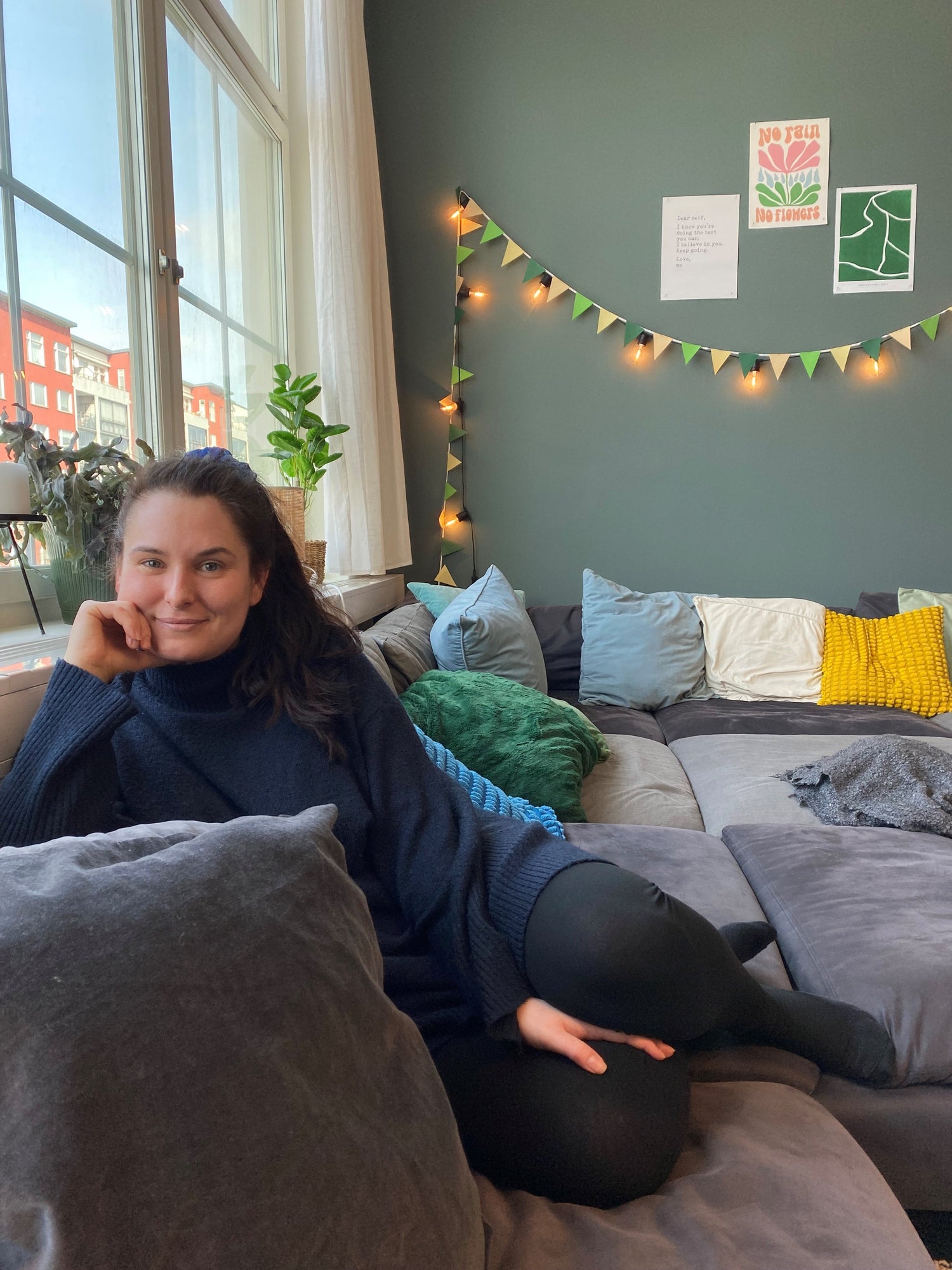In a world where everything is available all the time, we have come up with an expression for the fear of missing something - fomo (fear of missing out). In a constant flow of information (at a speed I doubt is created for our brains), it is no wonder that we are tricked into thinking that various vital things are passing us by. There is certainly something fundamentally human in it - we have always wanted to be part of the group (for survival) and needed to be part of a context. It is probably not very difficult to create this anxiety in humans - after all, everyone wants to be part of something.
I think this is one of the biggest challenges parents/adults have today. Dealing with something you (to a certain extent) cannot influence at all. It's not even possible and we're all new to it. We can still only guess the consequences it has. Acceptance is thus necessary, unless one makes an active choice and settles in a place where it does not exist. And fear rarely leads to anything constructive, so how do we govern properly? How do we live with something that most of us quite often think about whether it is the least bit healthy..?
It is so very easy to fall into reassuring platitudes such as that as a parent you should be on the lookout, introduce screen time, set a good example, etc.. But how often do you get stuck there - in some kind of situation that doesn't really hold, because "everyone others get...? To be honest, we (adults) have created a rather ambiguous world. On the one hand, there has never been as much anti-bullying engagement, talk about mental illness and more as there is today. On the other hand, we have created an environment where anything can happen to anyone - around the clock. We have completely unfiltered brought things we absolutely cannot control into the children's bedrooms. Of course, we have given them anxiety - increased the feeling of not being good enough, not being allowed to participate, not knowing what is important. I think we must dare to say it out loud. If we're even going to be able to handle it, we have to at least try to see what it is we're doing.
However, I strongly believe in the clairvoyance of the new generations. In a conversation with a bunch of 15-year-olds, it became very clear to me that they strongly question what social media has become and what it could possibly do to their brains. Insights I at the same age (in the 90s) did not have at all; around what we were exposed to then.
So perhaps the entry of the internet has also contributed to the sharpness needed to be able to navigate it at all..?





